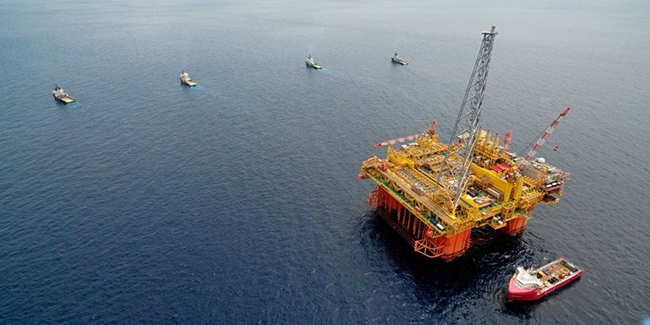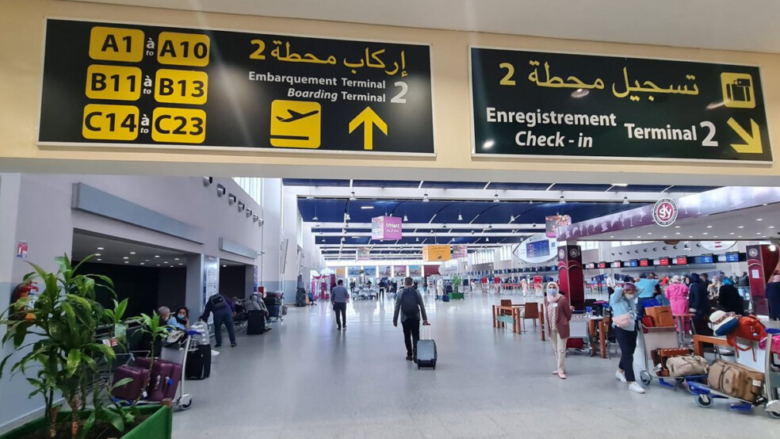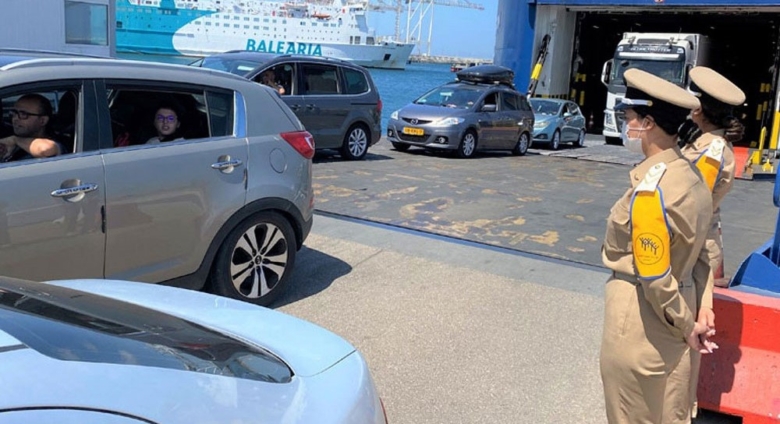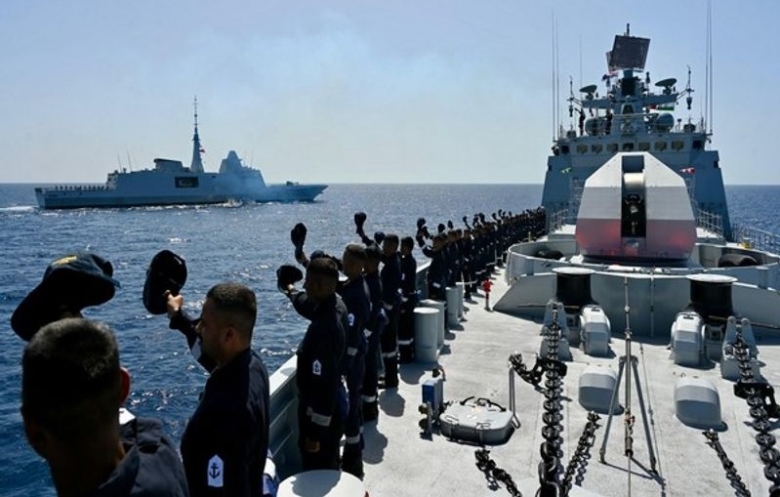In a major step toward climate action and sustainable agriculture, Morocco’s OCP Group, through its subsidiary OCP Brasil, has joined forces with Ambipar, Liga do Araguaia, and the Instituto Agroambiental do Vale do Araguaia (IAVA) to restore up to 100,000 hectares of degraded pastureland in Brazil’s Araguaia Valley. The partnership, announced under the ALM Green Carbon of Araguaia project, seeks to generate high-integrity carbon credits and decarbonize cattle ranching while supporting the local economy.
The multi-decade project, set to span 50 years, will focus initially on rehabilitating 80,000 hectares across approximately 60 farms over the first three years, before expanding to the full 100,000-hectare target. The first issuance of carbon credits is expected within 3 to 5 years.
Located in the Cerrado biome—one of the planet’s richest and most threatened ecosystems—the Araguaia Valley holds strategic importance for both biodiversity and global food security. The initiative aims to revitalize this critical region by promoting Agricultural Land Management (ALM) practices that increase carbon sequestration, improve soil health, and reduce greenhouse gas emissions.
Naoufal Mahdar, Senior VP for Decarbonization and Climate Action at OCP Group, emphasized the project’s alignment with the company’s mission: “This initiative aligns closely with OCP’s commitment to soil health and sustainable food systems. By restoring degraded lands, we help ensure global food security while reversing the effects of climate change.”
The project takes a science-driven, structured approach that includes engaging local ranchers, raising awareness about sustainable agriculture, training on greenhouse gas mitigation, and monitoring soil carbon levels. Emphasis will also be placed on applying precision agriculture tools and using fertilizers efficiently based on the 4R strategy—right nutrient, right amount, right time, and right place.
For Ambipar, a global leader in environmental management, the partnership reinforces its strategy to scale decarbonization solutions. “We are building a traceable production chain that generates social, economic, and climate value. This initiative shows how conservation and development can go hand in hand,” said Soraya Pires, Global Head of Carbon Solutions at Ambipar.
Marcos Stelzer, CEO of OCP Brasil, added: “The transformation of agriculture requires the integration of science, technology, and sustainable practices. This project builds on a successful pilot by OCP and represents a significant step toward a regenerative agriculture model in Brazil.”
The participation of local actors, including Liga do Araguaia and IAVA, adds an organic, community-based dimension to the initiative. Braz Peres Neto, President of Liga do Araguaia, described the project as a “joint effort to accelerate the adoption of new production practices and business models.”
Leonardo de Oliveira Gomes, President of IAVA, echoed that sentiment, noting the region’s history of pasture degradation due to extensive cattle ranching. “The ALM Green Carbon project will be instrumental in reversing that trend by spreading regenerative management practices and supporting the sustainable development of the Araguaia Valley,” he said.
The ALM Green Carbon of Araguaia project is expected to serve as a model for sustainable land restoration in Brazil and globally, offering a scalable, long-term solution that balances economic productivity with environmental stewardship.






